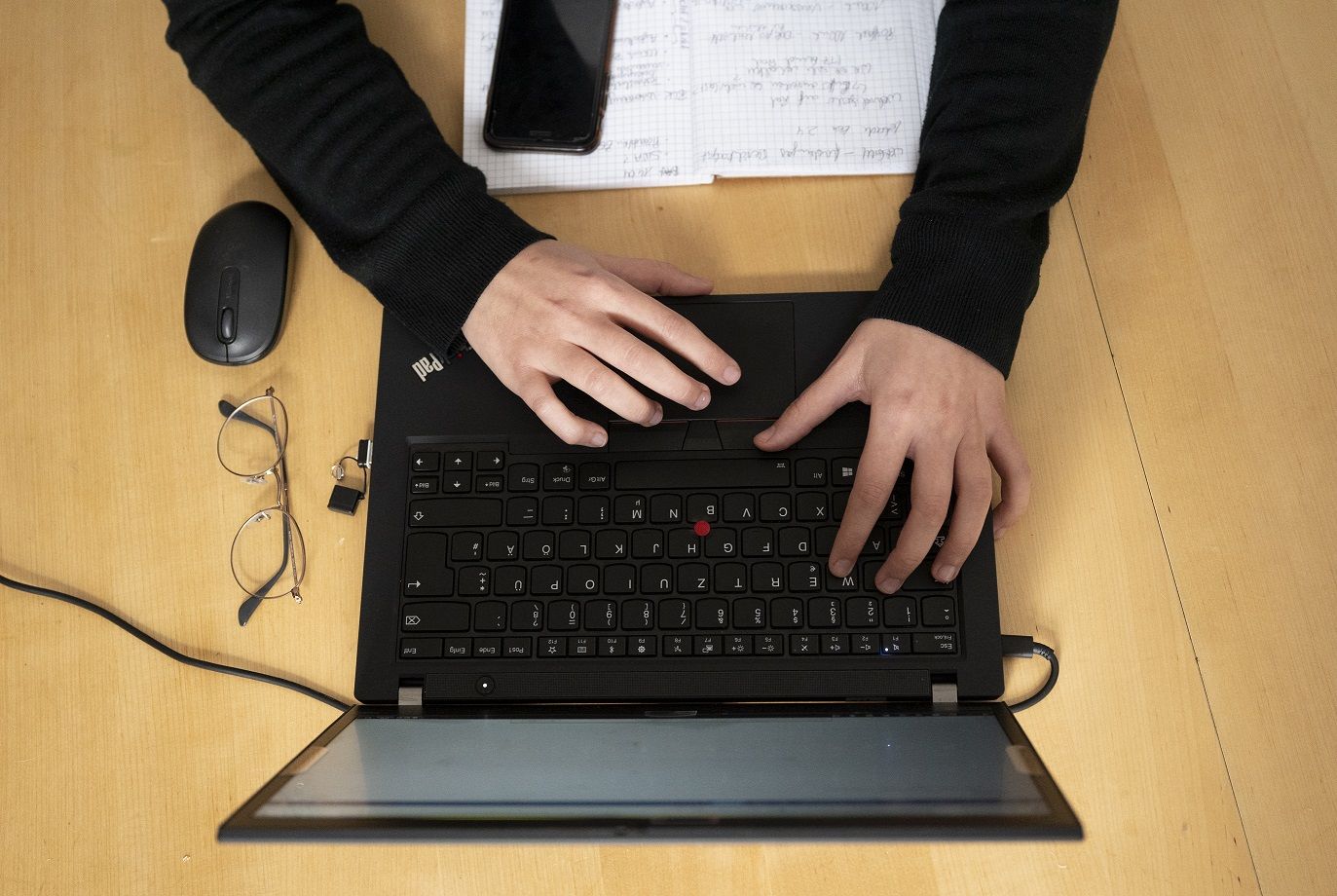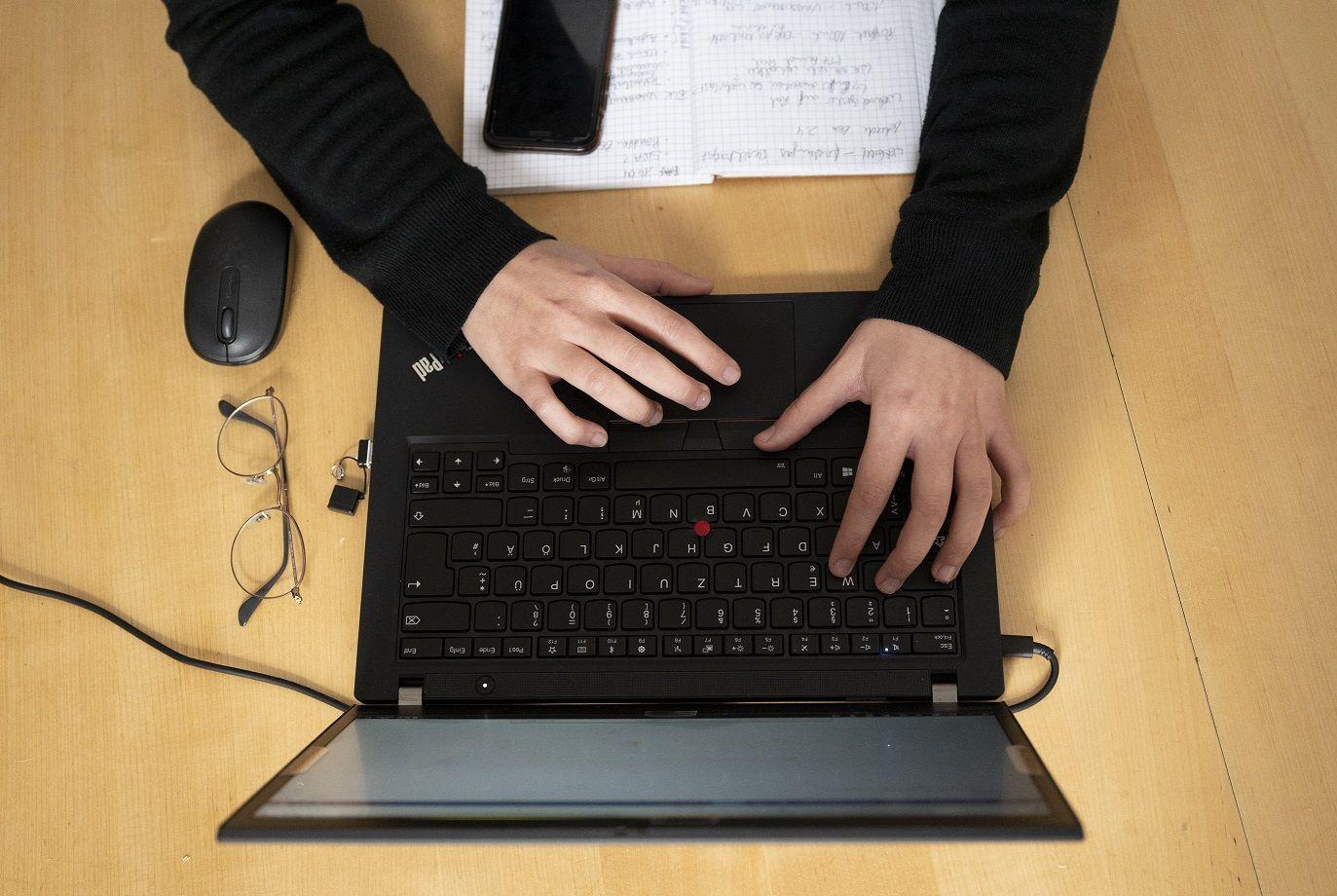
More than half of self-employed persons could not continue their work because of the corona crisis. (picture alliance/dpa)
Independently-employed persons in Germany have suffered greatly from the corona crisis, while wage-earners have been comparatively less hard hit, according to a leading economic research institute.
The Ifo-Institut in Munich, reporting initial results of a study, said that 66 percent of self-employed workers were hit by a drop in turnover. Nearly one-half, that is 46 percent, have had to dip into private savings to compensate for the negative effects of the crisis.
More than half, or 61 percent, of self-employed persons were either completely unable to continue their work or were greatly restricted by the pandemic, Ifo-Institut said. A survey of 30,000 persons during the month of June showed that 26 percent of self-employed persons had received immediate state emergency assistance, with 16 percent having their tax payments or advance tax payments deferred. Nine percent of the self-employed borrowed money from friends and relatives, while five per cent were unable to pay for their operating costs.
The situation for people in dependent employment presented a completely different picture. The large majority -- 78 percent -- of workers, employees and civil servants continued to work without interruption through June. For only 18 percent of dependent employees was there a decline in working time.
"For 80 percent of workers, employees and civil servants, wages and salaries were not changed as a result of the corona crisis," Ifo-Institut said.

Notice: No person, organization and/or company shall disseminate or broadcast the above article on Xinhua Silk Road website without prior permission by Xinhua Silk Road.




 A single purchase
A single purchase









